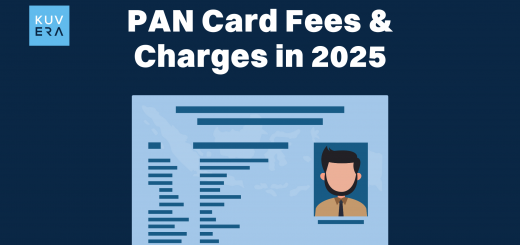Everyone has to encounter big expenses like an international vacation, switching cities, and moving every once in a while. But most of us whenever we encounter such big expenses start saving for them or use our existing savings to meet these expenses.
This approach is not beneficial as it reduces our existing savings and does not give any return as well. It is much better to invest instead of saving for an upcoming big expense.
While we always encourage saving and investing consistently for the long term, we also understand that there are times when it is required to invest for a shorter duration. Let’s assume you have to invest for a short-term goal for a year, so how do you go about it?
The first step is to figure out the purpose. Is it to buy an expensive gadget; plan a vacation; to fund a vocational course?
Once you know the purpose, you can easily identify the time horizon for which you need to stay invested. Let’s assume the horizon is as short as one year.
For this, you’d need to invest in financial instruments that are less volatile, more liquid, and offer more or less guaranteed returns. Now, let’s look at our options:
-
Fixed Deposits:
FDs can be a good option for 1 yr investment horizon. You can either invest in the same bank where you have a savings account or a new bank where you can get better FD returns. Besides, there are company FDs you can explore.
-
Debt mutual funds
You can also consider debt mutual funds for some extra returns. There are 16 categories of debt funds, but you only have to focus on two categories for a one-year investment.
-
Low duration funds/ Money market funds
Both these categories are suitable for a 1-year duration and provide slightly higher returns than FDs. If your investment amount is up to 1-2 lakhs, you can expect 1% higher returns than FDs, which could go up to 1-2k. But if you are investing a higher amount, those of you who belong to the 30% tax bracket should consider debt funds over FDs.
-
Equity savings fund
If you don’t have a high-risk appetite, but want some equity exposure in your investment, you can go for an equity savings fund.
Such funds are called hybrid funds, these funds diversify your investments in equity debts and arbitrage. If your one-year equities perform well, then this can turn out to be an attractive investment. And if it doesn’t, debt and arbitrage can compensate for the losses.
Moreover, an equity saving fund’s taxation is superior to FDs and debt funds, so you would have to pay lesser tax.
The point here is to identify the goal as soon as possible so that you have the maximum time duration to make appropriate investments and gain good returns. This way you can accumulate funds for your goal without having to make a significant effort or dip into your existing savings.
Read more: Zen And The Art Of Investing
Watch/hear on YouTube: Where to invest for one year










